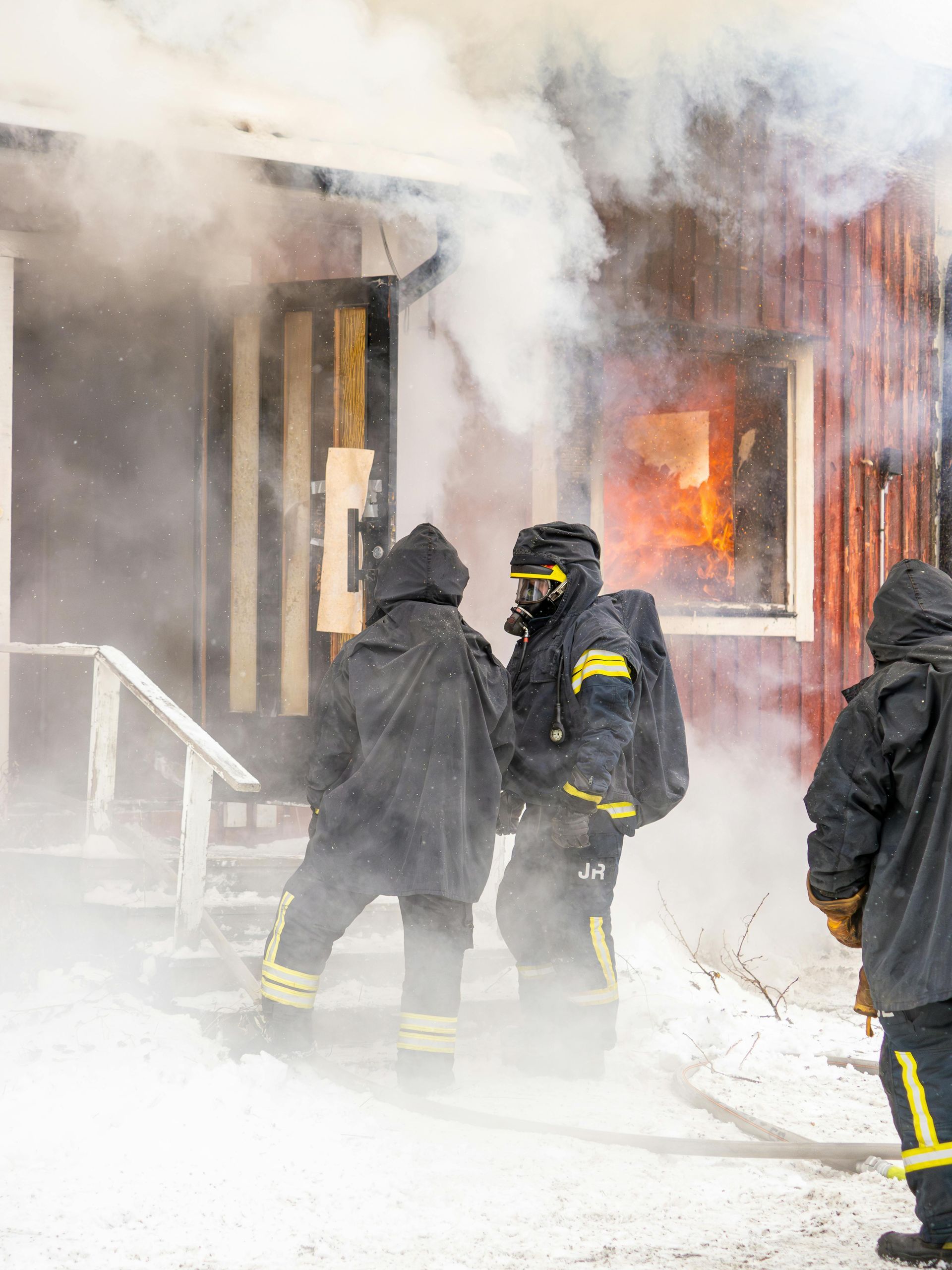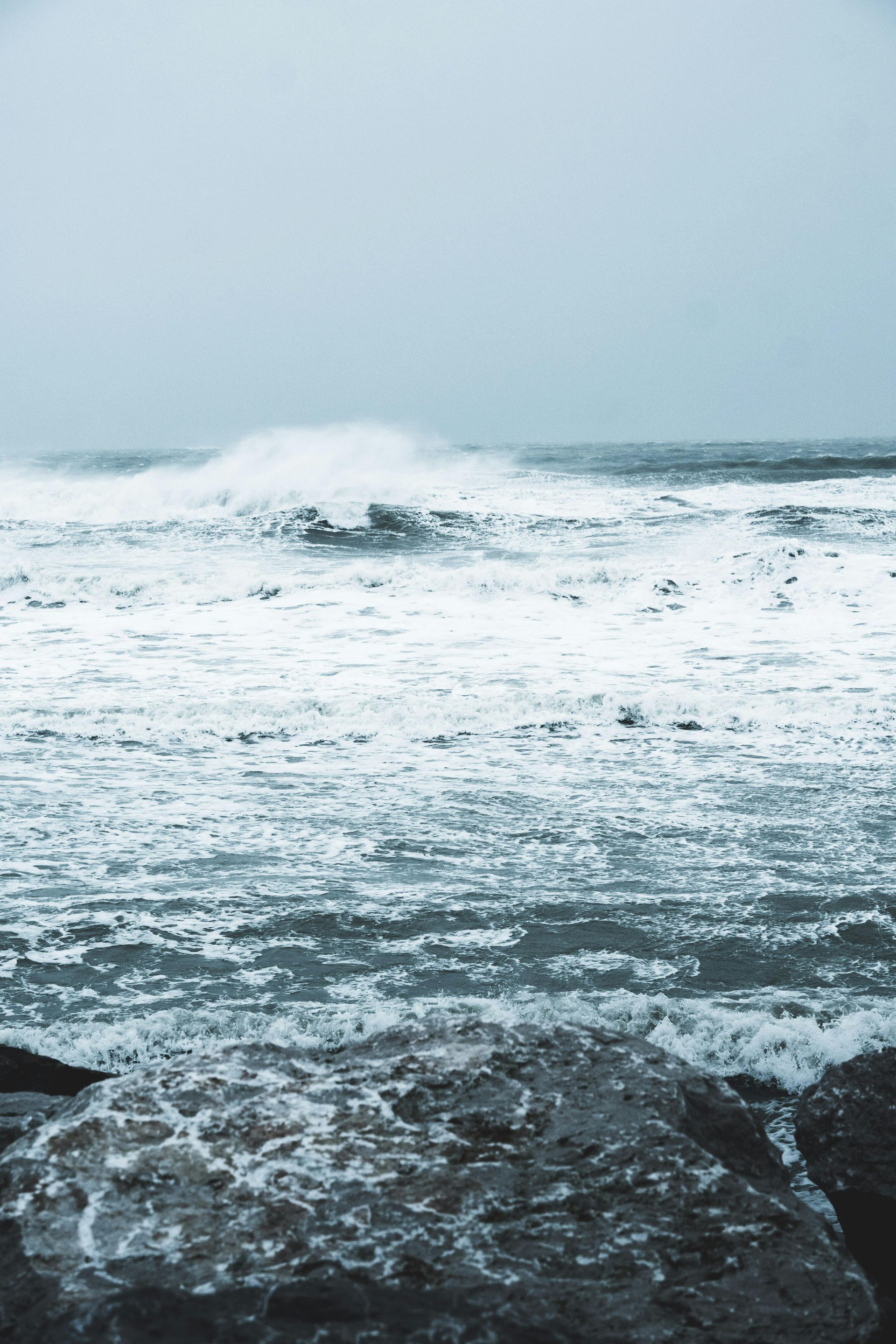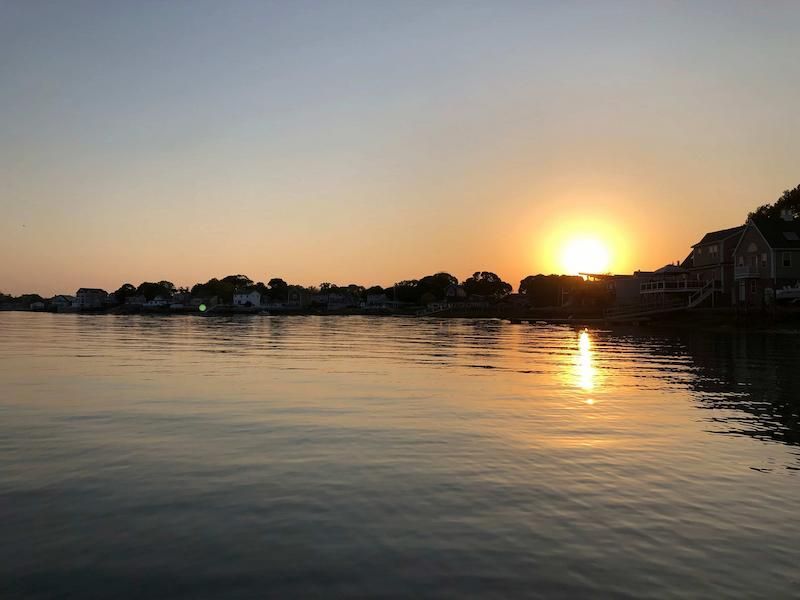SERVING QUINCY & ALL OF THE SOUTH SHORE
The Top 5 Causes of House Fires: Prevention is the Key!
House fires are always a concern in the mind of homeowners, and with good reason - While the fatality rate of house fires has increased slightly over the last decade in the US, the financial burden of a house fire has increased quite a bit more.

We thought this would be a valuable topic to chat more about, especially with the very cold weather still lingering here in Quincy and Greater Boston. With the rising cost of heating homes, as well as the often old electrical in our old Boston-area homes, sometimes people can get creative with how they try to stay warm… And it’s always worth having a discussion about fire safety! A fair share of home fires are actually caused by preventable issues. Whether it’s an electrical issue, an unattended candle, or cooking gone wrong, understanding the most common causes of house fires can help protect your home and family.
At Atlantic Water Remediation, we’ve worked with homeowners across the South Shore who have experienced fire damage firsthand. While not every fire can be prevented, knowing some of the biggest risks and taking a few precautions can go a long way in keeping your home safe!
1. Cooking Fires
The #1 cause of house fires is cooking-related accidents. From 2018 to 2022, U.S. fire departments responded to an estimated annual average of 336,848 home structure fires, with cooking being a significant contributor. The National Fire Protection Association (NFPA) reports that cooking equipment was involved in 49% of reported home fires and accounted for 42% of home fire injuries during 2015-2019, often due to unattended cooking, grease flare-ups, or flammable items too close to the stove. Here are a few of our best tips for preventing them:
Always stay in the kitchen. We know. It’s hard. You always have so many things to do, and multi-tasking while cooking might save you some time. But make sure you don’t get distracted, especially when frying or broiling.
Keep flammable items away. Keeping your kitchen tidy might just save it from a fire! Dish towels, paper towels, wooden utensils, and curtains should be far from the stove.
Control grease. If oil starts smoking, turn off the heat immediately. Grease, unlike other fires, cannot be extinguished by water. Water can actually make the flames spread. If you know your fire is a grease fire, extinguish it with a lid, baking soda, or fire extinguisher.
Have a fire extinguisher nearby. A small kitchen fire extinguisher rated for grease and electrical fires (Class K) can help prevent small flames from turning into a disaster.
Teach your kids. Teaching your kids about safety in the kitchen is critical to keeping them safe and keeping your home safe. A toy thrown the wrong direction towards a burning stove can easily become a big problem. Including your kids in kitchen activities and teaching them about stove and oven safety can go a long way in keeping your home and family safe!
The NFPA also notes that Thanksgiving is the peak day for home cooking fires, so take extra precautions during holidays!
2. Electrical Fires
Faulty wiring, overloaded circuits, and damaged electrical outlets are another leading cause of house fires. This is especially concerning in older homes in Boston and Quincy, where outdated wiring may not be able to handle the power demands of our high-tech coffee machines and appliances. Here are a few of our best tips:
Don’t overload outlets. Plugging too many devices into one outlet or using multiple extension cords can lead to overheating. If anything of your cords feel hot, unplug them immediately.
Check for frayed or damaged cords. If you notice exposed wires or a cord that feels hot, replace it immediately or unplug it.
Use surge protectors. Protect expensive electronics and appliances from power surges that could cause a fire.
Schedule an electrical inspection. If you live in an older home, have a licensed electrician inspect your wiring for safety. If you just moved into a new home, get the electrical checked!
Warning Sign: If you notice flickering lights, frequent breaker trips, or a burning smell near an outlet, you may have faulty wiring. The U.S. Fire Administration (USFA) recommends acting immediately by turning off power to the affected area and calling an electrician.
3. Heating Equipment Fires
During the cold Massachusetts winters, the use of space heaters, fireplaces, and furnaces becomes prevalent, but improper usage can lead to significant fire hazards. According to the U.S. Consumer Product Safety Commission (CPSC), space heaters, including both fixed and portable types, are associated with approximately 21,800 residential fires annually, resulting in about 300 deaths.
Keep space heaters 3 feet away from flammable materials. This includes furniture, curtains, and bedding. Never leave them in a room unattended!
Never use an oven to heat your home. This can cause carbon monoxide poisoning or a fire.
Have your chimney cleaned annually. Creosote buildup in fireplaces is a major fire risk.
Ensure heating systems are in good condition. An annual inspection by a professional can help prevent issues or build up that can make systems inefficient or hazardous.
4. Smoking-Related Fires
Fires caused by smoking materials - such as cigarettes, cigars, and pipes - account for thousands of home fire deaths every year. Smoking is actually the leading cause of fire-related fatalities in the U.S. In Massachusetts, the unsafe use or disposal of smoking materials was identified as the leading cause in at least 12 fatal fires in 2024, a threefold increase from the previous year according to Mass.gov. Here are our best tips for proactively preventing them:
Smoke outside. Never smoke inside, especially in bed or near upholstered furniture.
Use deep, sturdy ashtrays. Make sure cigarettes are fully extinguished before disposing of them.
Keep lighters and matches away from children. Store them in high, locked cabinets.
Be cautious with oxygen tanks. Smoking near oxygen can cause explosive fires.
5. Candles and Open Flames
Candles, fireplaces, and other open flames can quickly lead to house fires if left unattended. Firefighters often respond to residential fires caused by forgotten candles, holiday decorations, and accidental knocks that send flames onto flammable surfaces. How to Prevent Candle Fires:
Blow out candles before leaving a room. Never leave them unattended.
Use flameless LED candles, lights, or an essential oil diffuser instead. These provide the same cozy effect without the risk, and don’t have the qualities of candle burning that are bad for your health!
Place candles on sturdy surfaces. Keep them away from flammable decorations, curtains, or furniture.
Supervise kids and pets. Ensure they can’t accidentally tip over a burning candle.
Holiday Alert: The National Fire Protection Association warns that December is the peak month for candle-related house fires, often due to decorations placed too close to open flames. Make sure that you are being particularly thoughtful about where and when you are burning candles!
If you experience fire or smoke damage at any time, please know that we are here to help you. We specialize in fire water damage repair, smoke damage cleanup, and home restoration, ensuring your property is safe and livable again, and you can call us anytime on our 24/7 emergency line.
While some fire risks are unavoidable, many house fires are preventable with the right precautions. Whether you live in Boston or anywhere in the South Shore, taking simple steps like checking your electrical wiring, never leaving cooking unattended, being cautious with heating equipment, and making sure your fire alarms are in working order can drastically reduce your fire risk and increase safety for your home and your family.

Service Area
Norfolk County
Suffolk County
Plymouth County
Bristol County
Navigate

Atlantic Water Remediation, Inc.
Quincy, Massachusetts
Serving the South Shore & Greater Boston for all their water, fire, sewage, and mold damage repair needs.
©2025 Atlantic Water Remediation Inc. | All Rights Reserved | Privacy | Accessibility | Cookies
Website Designed & Hosted with SimplicityDMS



